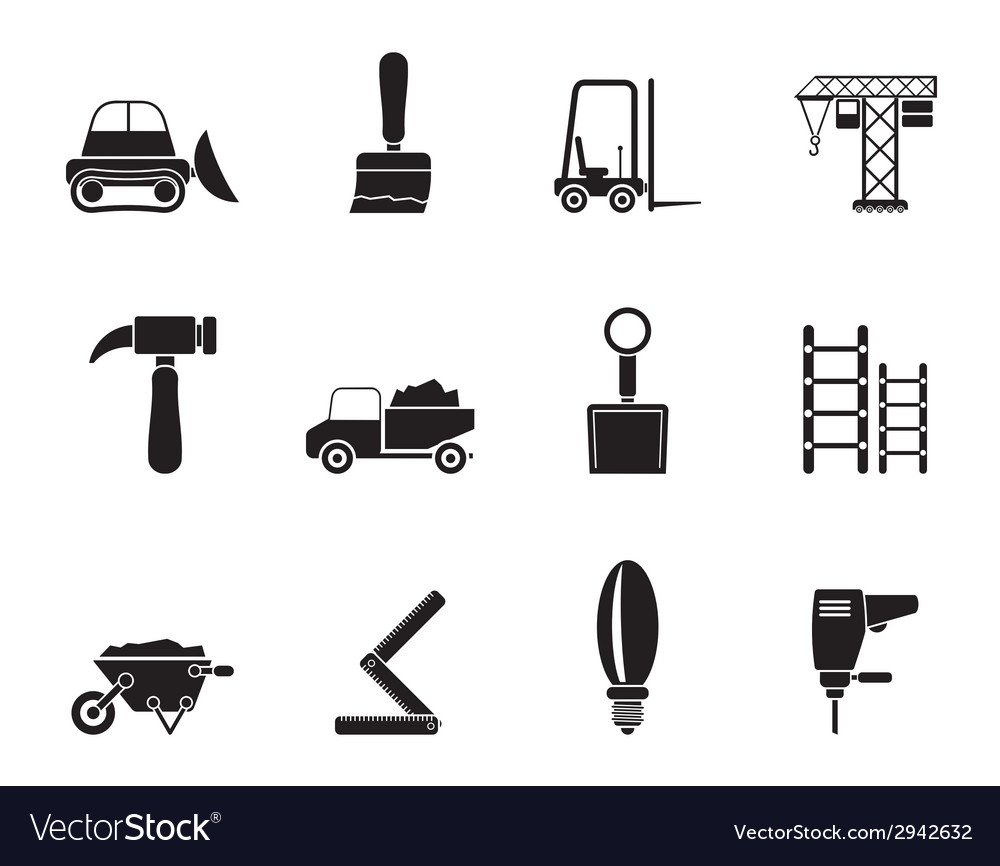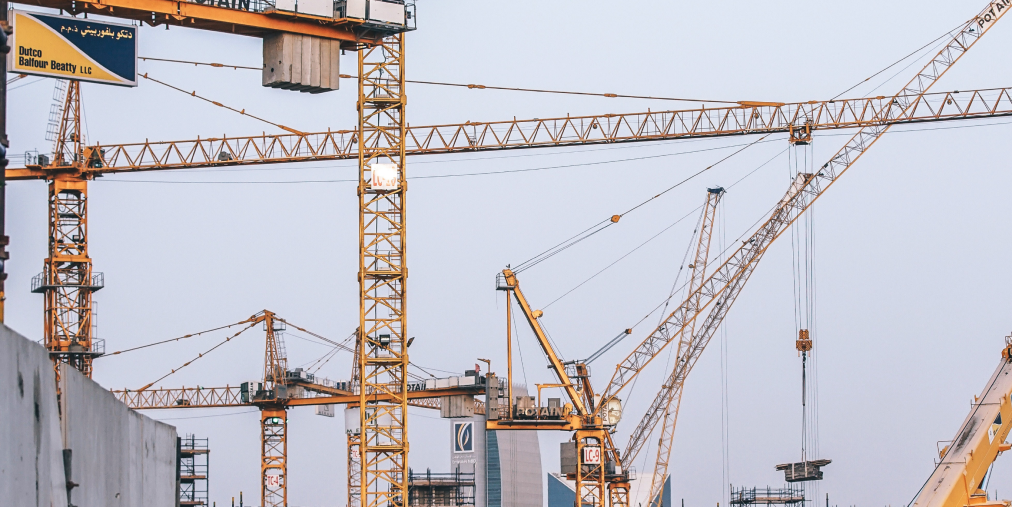Scissor Lift Rental in Tuscaloosa, AL: Safe and Effective Lifting Solutions
Scissor Lift Rental in Tuscaloosa, AL: Safe and Effective Lifting Solutions
Blog Article
Checking Out the Financial Conveniences of Renting Building Tools Contrasted to Owning It Long-Term
The choice in between leasing and possessing building devices is pivotal for monetary administration in the market. Renting offers prompt price savings and operational adaptability, enabling companies to assign resources extra effectively. Recognizing these subtleties is crucial, specifically when considering just how they align with particular project needs and economic strategies.

Cost Comparison: Renting Vs. Owning
When evaluating the monetary ramifications of owning versus renting out building and construction tools, a comprehensive cost contrast is necessary for making informed decisions. The selection between renting out and possessing can considerably affect a business's profits, and understanding the connected costs is crucial.
Leasing building and construction equipment normally entails lower in advance expenses, permitting companies to allot capital to other functional demands. Rental costs can collect over time, possibly surpassing the cost of possession if equipment is needed for a prolonged duration.
Conversely, owning building equipment calls for a substantial initial investment, in addition to recurring costs such as insurance, financing, and devaluation. While possession can lead to lasting financial savings, it additionally locks up resources and might not offer the exact same level of flexibility as leasing. In addition, having devices necessitates a dedication to its application, which might not always align with project needs.
Inevitably, the choice to own or rent needs to be based upon a thorough evaluation of certain job requirements, monetary capability, and long-lasting tactical goals.

Maintenance Duties and costs
The selection in between possessing and renting out building and construction equipment not only entails financial factors to consider however likewise includes continuous maintenance expenditures and duties. Having equipment requires a significant commitment to its upkeep, which consists of regular assessments, repair work, and potential upgrades. These duties can swiftly build up, leading to unanticipated expenses that can strain a spending plan.
On the other hand, when renting tools, maintenance is generally the duty of the rental business. This arrangement permits specialists to avoid the economic concern related to deterioration, in addition to the logistical challenges of organizing repair work. Rental agreements commonly include stipulations for maintenance, meaning that service providers can concentrate on completing tasks as opposed to bothering with tools condition.
Additionally, the diverse series of equipment available for rental fee makes it possible for business to choose the most up to date models with sophisticated innovation, which can improve efficiency and productivity - scissor lift rental in Tuscaloosa, AL. By deciding for services, companies can avoid the long-term responsibility of tools depreciation and the linked maintenance frustrations. Ultimately, examining upkeep expenses and duties is important for making an educated decision about whether to own or rent out building tools, substantially impacting general task expenses and operational effectiveness

Depreciation Influence On Possession

A substantial aspect to consider in the choice to own building and construction equipment is the impact of devaluation on general possession prices. Devaluation represents the decline in value of the devices gradually, affected by factors such as usage, deterioration, and improvements in innovation. As tools ages, its market price diminishes, which can considerably impact the owner's economic position when it comes time to trade the devices read what he said or offer.
For building firms, this devaluation can convert to significant losses if the devices is not made use of to its maximum capacity or if it becomes out-of-date. Proprietors must represent depreciation in their economic forecasts, which can lead to greater overall prices compared to renting out. Furthermore, the tax obligation ramifications of depreciation can be complicated; while it may give some tax advantages, these are commonly balanced out by the fact of decreased resale value.
Eventually, the burden of devaluation emphasizes the importance of recognizing the long-lasting financial dedication involved in possessing building equipment. Firms should carefully review exactly how frequently they will use the devices and the possible monetary impact of depreciation to make an informed choice regarding possession versus leasing.
Financial Versatility of Leasing
Renting building equipment supplies considerable economic versatility, allowing business to designate resources extra effectively. This adaptability is especially crucial in a sector characterized by changing project demands and varying work. By opting to lease, companies can stay clear of the significant funding expense needed for purchasing devices, preserving cash money flow for various other functional demands.
Furthermore, leasing tools enables companies to tailor their equipment choices to certain task needs without the long-term dedication linked with ownership. This implies that services can quickly scale their devices supply up or down based upon anticipated and current job requirements. As a result, this versatility decreases the risk of over-investment in machinery that may end up being underutilized or obsolete in time.
One more monetary advantage of leasing is the possibility for tax benefits. Rental payments are typically thought about operating expenditures, enabling for instant tax deductions, unlike depreciation on owned basics tools, which is topped numerous years. scissor lift rental in Tuscaloosa, AL. This prompt expense acknowledgment can even more improve a business's cash placement
Long-Term Job Factors To Consider
When reviewing the long-lasting needs of a building and construction service, the decision between owning and leasing equipment ends up being more intricate. Key variables to think about consist of job period, frequency of usage, and the nature of upcoming tasks. For jobs with extended timelines, buying tools may appear beneficial as a result of the potential for reduced overall expenses. However, if the tools will not be utilized constantly across tasks, owning might result in underutilization and unnecessary expense on maintenance, storage, and insurance coverage.
Additionally, technological developments position a considerable factor to consider. The building and construction sector is advancing swiftly, with brand-new devices offering improved effectiveness and safety and security attributes. Renting out permits firms to access the most up to date modern technology without devoting to the high ahead of time prices connected with purchasing. This flexibility is specifically advantageous for businesses that handle diverse construction truck bed tasks calling for various sorts of tools.
In addition, monetary stability plays a crucial duty. Possessing tools usually involves significant resources investment and devaluation worries, while leasing enables even more predictable budgeting and capital. Ultimately, the selection between leasing and owning must be aligned with the critical goals of the construction business, taking into consideration both current and anticipated project needs.
Conclusion
To conclude, leasing construction equipment supplies substantial monetary benefits over lasting ownership. The lessened upfront expenses, removal of maintenance obligations, and evasion of depreciation add to boosted cash flow and monetary adaptability. scissor lift rental in Tuscaloosa, AL. Additionally, rental settlements function as instant tax obligation deductions, better profiting contractors. Inevitably, the decision to rent out as opposed to very own aligns with the dynamic nature of building tasks, allowing for versatility and accessibility to the current equipment without the monetary worries related to ownership.
As devices ages, its market value diminishes, which can substantially impact the owner's monetary setting when it comes time to offer or trade the tools.
Renting building tools uses considerable monetary versatility, enabling business to allot resources much more efficiently.Additionally, renting equipment enables firms to tailor their tools selections to particular task demands without the long-term dedication linked with possession.In conclusion, renting out building equipment uses substantial economic advantages over lasting ownership. Inevitably, the decision to rent instead than own aligns with the dynamic nature of construction jobs, allowing for versatility and access to the most current equipment without the monetary burdens linked with ownership.
Report this page